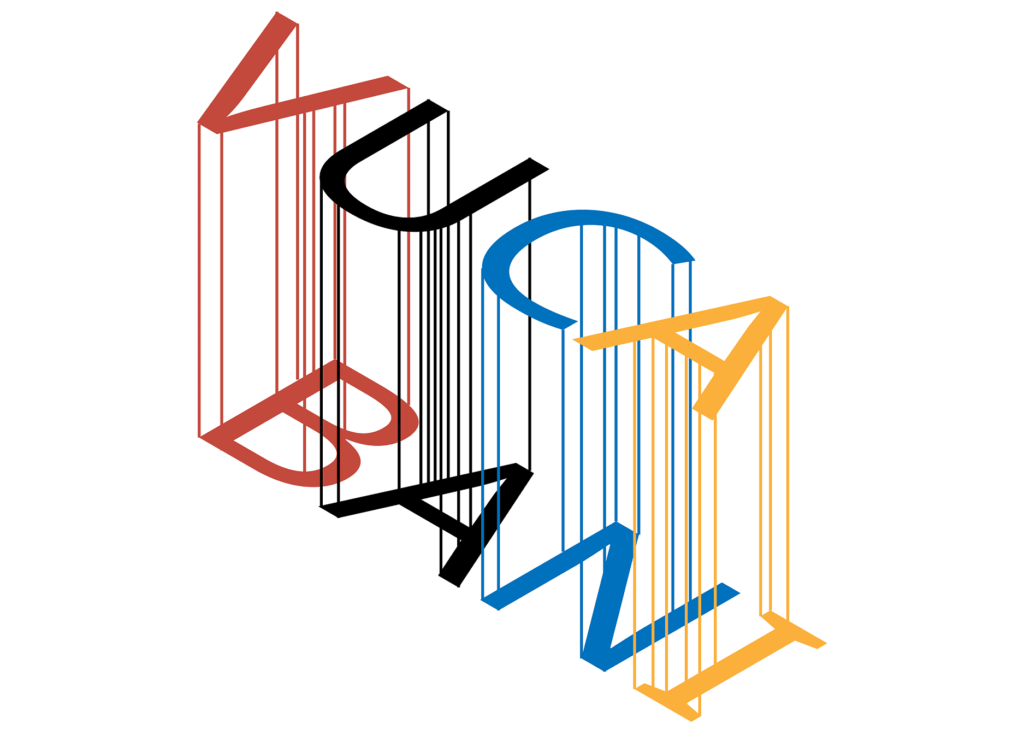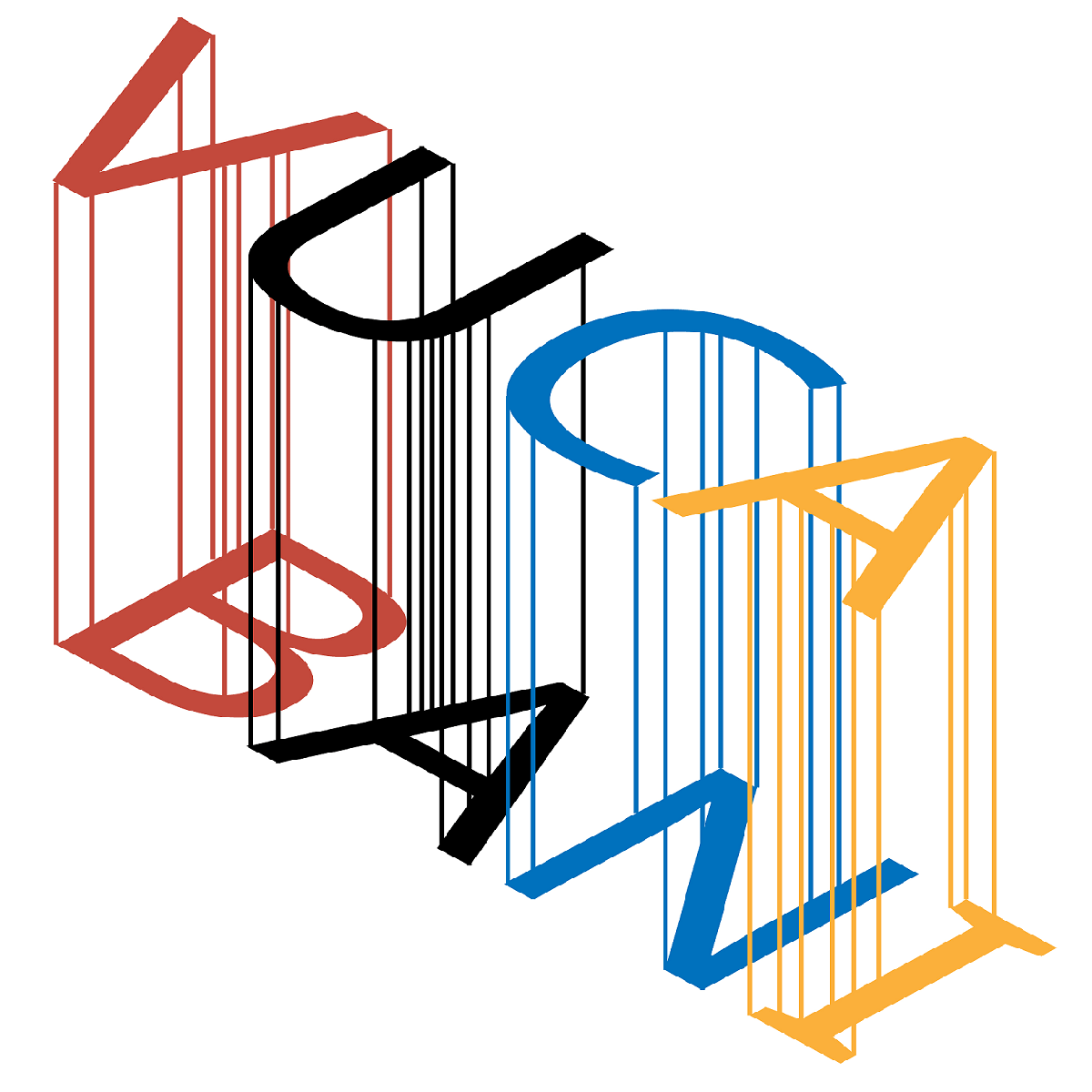I talked extensively about the VUCA world not too long ago. For the longest time, the VUCA concept has helped developing organizations navigate through world dynamics such as Volatility, Uncertainty, Complexity, and Ambiguity.
However, with the COVID-19 pandemic and its after-effects, the business world saw chaos like never before. While in the VUCA world, you could still connect the dots between events and draw relationships, it became non-linear during and post-pandemic.

The newfangled ambiguity paved the path for new terminology that could better explain the current and future world.
BANI poses to be an apt expression.
What is BANI?
Just like VUCA, every letter in BANI has its meaning and contributes to the overall concept. Take a look-
- Brittle
Anything that is brittle or fragile cannot be used for building the foundation. While a brittle foundation can sometimes look reliable and flexible, it can fall apart sooner than we expect.
The same is valid for developing organizations as well. While everything might appear to be working on the surface, something like a pandemic could make them crumble overnight.
- Anxious
It is only natural for something with a brittle foundation to cause anxiety among the stakeholders. Anxiousness leads to helplessness and a sense of urgency that often spills over our decision-making capabilities.
Waiting for the next big calamity, feeling desperate for missing opportunities, and acting passive to steer clear of making wrong decisions are all signs of an anxious environment.
- Non-Linear
The events of the current world are highly disproportionate and disconnected. A small decision could have a vast impact (bad or good), and the result of a change made today might deliver results after huge delays.
As a result, the linear cause-and-effect dynamic used for predicting the future has become obsolete and made the environment non-linear.
- Incomprehensible
When the outcome of any event, decision, or change is non-linear and seems to lack any purpose or logic, it becomes incomprehensible. It can also lead to misunderstandings when you have the answers, but they don’t make much sense.
Incomprehension is often due to excess information. Artificial Intelligence or Big Data can be an excellent example of generating incomprehensible information overload. But with advancements in modern technologies, we might be able to make sense of such information in the future.
How Can Organizations Prepare for the BANI World?
VUCA and BANI are descriptive acronyms for our experiences. Labeling these experiences help us build a framework that can empower us to cope with the current and future world.
In one of my posts, I delve deeper into the differences between BANI and VUCA. Give it a read if you wish to compare the two.
Coming back.
Against this backdrop, I’ve created an “RAAI” framework that could help organizations deal with BANI. Here’s what it means-
- Resilience to Manage Brittleness
Showing resilience and capacity could be an effective way to manage something fragile. For organizations, an effective way to demonstrate resilience is by building a strong team.
An adaptive, collaborative, and happy culture can make your organization more resilient in the face of adversity. In addition, it’ll help improve transparency and communication between individuals, teams, and departments to build a strong and reliable foundation.
- Awareness to Tackle Anxiety
Raising awareness, mindfulness, and empathy is essential for coping with anxiety. If you think about it, you can never manage something that is not under your control. And control cannot be exercised on something you’re not aware of.
Organizational anxiety, be it among the employees or the decision-makers, can be dealt with awareness and empathy. You can also consider training your team in soft skills as their importance is only increasing in the BANI world.
- Agility to Respond to Non-Linear Outcomes
Anything non-linear requires adaptability and context. A non-linear scenario should always be approached without any expectations. Maintaining a candid and open approach to coping with events, technology, and people can help you respond to disproportionate and disconnected outcomes.
Your rigid plan will only be a burden on your organization. Businesses that only rely on “proven” methods and don’t innovate struggle to compete and adapt to the changing landscape.
- Intuition to Make Sense of the Incomprehensible
Anything incomprehensible requires a sense of intuition and transparency. Unfortunately, the dynamic corporate landscape does not provide enough time for us to explore the incomprehensible before making decisions. Your intuition can guide you in such scenarios.
While you have technologies such as AI, Data Science, and Big Data to guide you through the journey, building your Emotional Quotient (EQ) and Spiritual Quotient (SQ) can also help.
Leading in the BANI World
The BANI world might seem dystopian, but there’s hope. Never before have we had such extensive tools, training, and seamless access to professional help to guide us through the changing world.
When the only option is moving on, it is wise to look for solutions that can make the transition smooth, assist growth, and build promising futures for everyone involved.


